Jihad
It would be wrong to equate migration with terrorism but the surge of populism and far-right movements, especially in Germany and France, is a fact, while terror attacks don’t curb this phenomenon. In fact, the primary goal of third-generation Jihadism is precisely “To cause the implosion of European societies.” Interview with Gilles Kepel, a leading European expert in Islamic and contemporary Arab world, panel-speaker at the Fifth European Catholic-Orthodox Forum in Paris

“It would be wrong to equate migration with terrorism; not all migrants are terrorists and not all terrorists are migrants. But Europe is struggling for breath; unable to ensure a job and a home to all. Far-right movements are gaining ground in France and Germany. However, causing a rift within European societies is the terrorists’ primary goal.” “Christian Churches are a target of terrorism. And this changes the whole picture.” These are some of the “guidelines” offered this morning by Gilles Kepel, a major expert in the Islamic and contemporary Arab world, to Catholic bishops and Orthodox Metropolitans gathered in Paris for the Fifth European Catholic-Orthodox Forum titled “Europe facing the threat of fundamentalist terrorism: the value of the human person and religious freedom.”
Professor, are we coping with lonely wolves or is it a planned strategy?
They are not lonely wolves. It’s a reticular strategy. Unlike the previous Al-Qaida generation, third-generation Jihad begins at grassroots level. This form of Jihadism that considers Europe its target views it as the underbelly of the Western world, seeking to maneuver a number of European Muslim youths who failed to integrate within European societies.
Their goal is to cause an internal rift, thereby dividing European societies.
On the one side stands the Muslim population they intend to reshape as a closed community that considers others ungodly and apostates. On the other we are facing the rise of far-right, xenophobic movements that view Muslims as non-Europeans. This, in my opinion, is the major threat to European societies. They are not lonely wolves. They are organized in a reticular manner, lacking a hierarchy. They operate through social networks, text messages, Facebook, Twitter. They move under the radar of secret services but they are deficient in terms of organization and structures.
January 15th marks the World Day of Migrants. Is there a link between migrants and terrorism? It would be wrong to establish an equation between the two: not all migrants are terrorists and not all terrorists are migrants. The main issue lies elsewhere, namely, we are called to face two challenges simultaneously. The challenge of migration entails the plight of thousands fleeing from their home Countries where the situation has become unbearable. The situation in Syria is an example of this, caused by bombings, the destruction of houses and escalating violence. At the same time Europe is no longer able to welcome all the migrants, although the latter believe the opportunity still exists. Even Germany, despite its economic power and its policies for the inclusion of migrants, is experiencing mounting difficulties. Chancellor Merkel stands less chances of being re-elected owing to the presence of a minority group of terrorists and criminals among the migrant population that sparked off the growth of far-right parties.
The death of Father Hamel in Rouen; the Nice and Berlin massacres: surging fear throughout European societies is normal. And populist movements provide their own answers. How can fear be overcome? It’s a difficult question. If we knew the answer we would be the winners of all elections. There can be no reception of migrants without job opportunities, and this is a true problem. Moreover, it’s necessary to find a solution to the humanitarian issue, namely, it’s necessary to help these poor migrants who risk death at sea and after having reached European shores continue their way headed towards Northern Europe. In France we are faced with the problem of Calais. Thus I firmly believe that stopping immigration by sea is a humanitarian need. It is equally important to ensure job opportunities for the migrant population. Germany has been focusing its efforts in this direction, but the first results will be seen in at least two years. In the meantime the situation is bound to grow difficult, especially if the terrorist threat should intensify. From this perspective the Berlin terror attack constitutes a significant challenge.
You were invited to speak at a Forum that is taking place here in Paris, where the issue of terrorism is being discussed by Catholic and Orthodox religious leaders in Europe. What could be the role of Christian Churches?
Christian Churches are targets of terrorism. And this changes the entire picture. I think that the murder of Father Hamel in France came as a shock to the Catholic population and to the whole of society. We are witnessing what could be described as a recovery of Christian identity. To a certain extent this situation is testified by the victory of Fillon in the French primaries. Two days ago Fillon defined himself Christian: it was the first time that a presidential candidate in France felt the duty to do so. This will probably change the present circumstances.
Building bridges. Is it a prerogative of the ecumenical realm? Indeed, building bridges is important. But a bridge is not an object per se. A bridge starts from a given point and forms a connection with another point. Naturally, a bridge enables passage, it prevents from falling and drowning in the river, but the question is to define the point of arrival. If the Church helps the migrants it’s a beautiful thing. But the question is: help them go where? To proceed towards which kind of future? The problem is linked to reality.